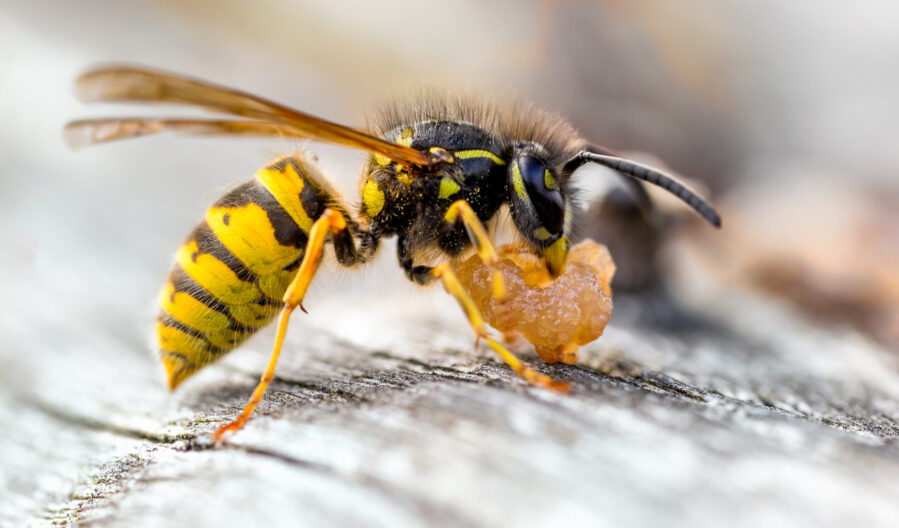READY TO GET STARTED?
REQUEST A FREE ESTIMATE
Fill out the form below or call (888) 466-7849 for a free, no-obligation estimate.

Living in Florida can come with great perks – gorgeous beaches, vast landscapes, and a warm, tropical climate to enjoy practically year-round, though this climate also invites some unwelcome guests: stinging pests. From wasps to fire ants, these pests can turn your outdoor fun into worry. In this blog, we breakdown your guide to common stinging pests and how to keep them at bay!
Keep your lawn trimmed and free of debris. Stinging insects will often nest in overgrown areas throughout your property. Additionally, trim back trees and bushes, and remove piles of leaves or wood. Place any stored lumber 20 feet from your home and raise it off the ground.
Wasps and other pests are attracted to food waste, so it’s crucial to dispose of it properly. Make sure your trash bins are sealed tightly and clean them regularly to prevent odors that attract pests. Wasps love the sugary liquids that are left behind in soda cans, so make sure your recycling bins are secure and clean too.
Inspect your home for any openings where pests could enter. Repair screens and doors, and seal gaps around pipes and cables with steel wool or caulk, depending on the size.
Controlling stinging pests on your own can be very risky and it’s always best to deal with these pests by calling a Naples pest control company near you. These pest control professionals are trained to know how to handle and remove these pests safely.
Categories